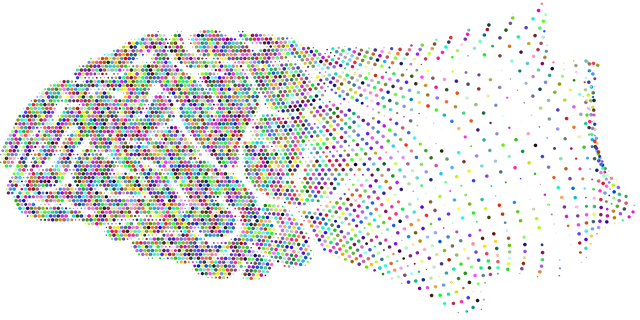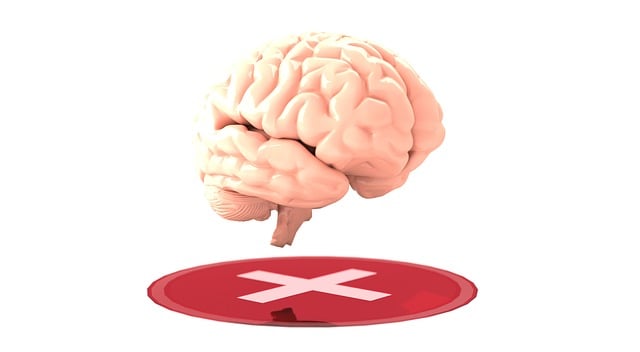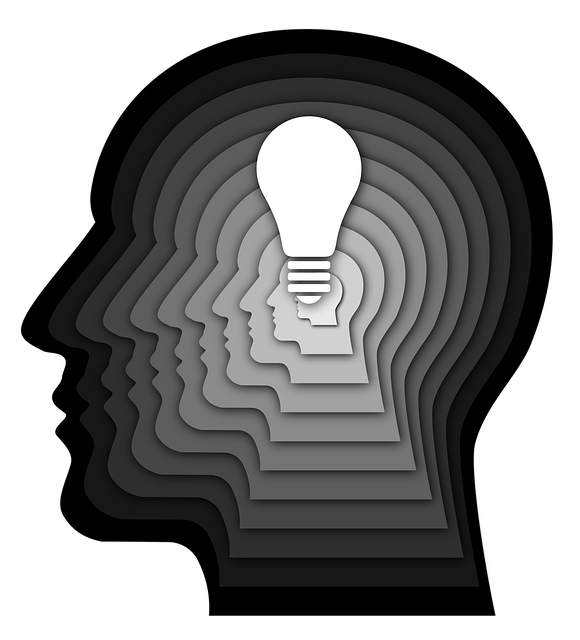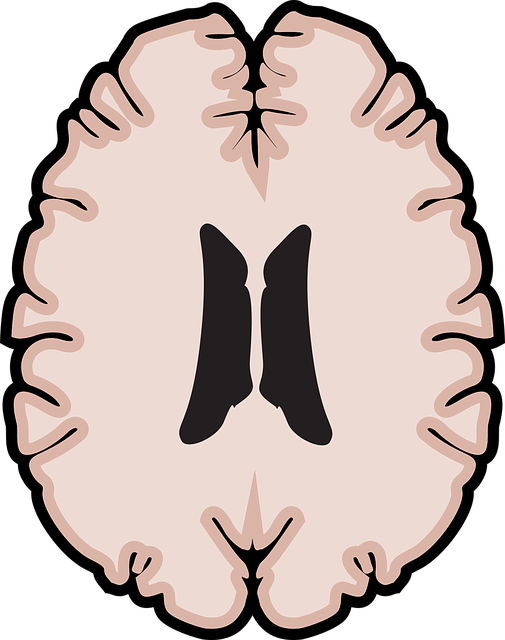Marketing wellness apps for seniors must address specific mental health needs, focusing on accessibility, social isolation, and awareness. Key strategies include highlighting tailored solutions like ASL therapy, peer support groups, and mood tracking tools. Incorporating ASL options in therapy sessions enhances inclusivity, especially for deaf or hard-of-hearing elders. A multi-faceted marketing approach targeting senior communities and leveraging SEO keywords like "Therapy for Elders" and "American Sign Language" is crucial for reaching reluctant users. Building trust through educational content, success stories, and peer interactions ensures long-term engagement and improves mental wellness among diverse older adult users.
In today’s digital age, mental wellness apps offer a promising avenue for addressing the unique mental health needs of seniors. This article explores a comprehensive marketing strategy development guide tailored for therapy-focused apps targeting the elderly demographic. We delve into understanding the specific challenges faced by seniors and how American Sign Language (ASL) can enhance accessible therapy. Marketing strategies focusing on digital platforms are discussed, alongside content creation tips to engage potential users and build trust within this community.
- Understanding the Target Audience: Seniors and Their Unique Mental Health Needs
- The Role of American Sign Language (ASL) in Accessible Therapy
- Marketing Strategies for Reaching Elderly Users: Digital Platforms and Beyond
- Creating Engaging Content: Educating and Assuaging Potential App Users
- Building Trust and Community: Long-term Engagement Techniques for Mental Wellness Apps
Understanding the Target Audience: Seniors and Their Unique Mental Health Needs

Understanding the needs of seniors regarding mental wellness is a critical step in developing an effective marketing strategy for related apps. As the population ages, addressing their specific challenges becomes increasingly important. Many older adults face unique barriers to accessing mental health services, often due to physical limitations, social isolation, or a lack of awareness about available resources. For instance, those who are deaf or hard of hearing, like many in the ASL community, may require specialized therapy options accessible through American Sign Language (ASL).
Marketing efforts should focus on promoting apps that offer tailored solutions for seniors’ mental health journeys. This includes features like customizable therapy sessions, peer support groups, and tools for tracking mood and anxiety levels. By addressing issues such as social skills training and burnout prevention strategies, especially for healthcare providers caring for the elderly, these apps can contribute to building resilience in this demographic. Tailoring services to meet the unique needs of seniors ensures that mental wellness apps are not only accessible but also effective in supporting their overall well-being.
The Role of American Sign Language (ASL) in Accessible Therapy

Incorporating American Sign Language (ASL) into therapy sessions offers a powerful way to bridge the gap between communication and mental wellness support, especially for elderly individuals who are deaf or hard of hearing. As the population ages, providing accessible therapy becomes increasingly vital. By using ASL, therapists can engage with this demographic in a more inclusive manner, ensuring their unique needs are met. This approach not only enhances therapeutic outcomes but also fosters resilience building among elders, enabling them to navigate mental health challenges effectively.
The integration of ASL into therapy for elders is particularly beneficial given the potential communication barriers that may exist. It allows for a more natural and expressive form of interaction, encouraging open dialogue about sensitive topics related to mental wellness. Furthermore, developing mental wellness coaching programs with an emphasis on ASL can attract a diverse range of users, ensuring inclusivity in mental health services. Additionally, risk assessment for mental health professionals should consider the importance of ASL proficiency, as it facilitates better understanding and empathetic support for deaf clients.
Marketing Strategies for Reaching Elderly Users: Digital Platforms and Beyond

Reaching elderly users who might be reluctant to adopt digital solutions requires a multi-faceted marketing strategy. One effective approach is leveraging existing community networks and partnerships with senior centers, retirement homes, and local healthcare providers. These entities can serve as trusted intermediaries, introducing mental wellness apps to their communities through informational sessions, workshops, or even demonstrations at community events.
Additionally, considering the unique needs of the elderly population, such as accessibility and familiarity, is crucial. Offering Therapy for Elders in American Sign Language (ASL) or providing offline features within the app can cater to this demographic. Furthermore, a Community Outreach Program Implementation could involve training local volunteers to assist with app usage and offer peer support, fostering a sense of comfort and inclusivity. This holistic approach combines digital innovation with traditional outreach methods to engage elderly users and promote mental wellness.
Creating Engaging Content: Educating and Assuaging Potential App Users

Creating engaging content is essential when marketing a mental wellness app, especially one catering to specific demographics like older adults who might be unfamiliar with digital tools. Educating potential users about the benefits and accessibility of therapy through American Sign Language (ASL) can alleviate concerns and foster trust. Share success stories or testimonials from older individuals who have benefited from ASL-based therapy, highlighting improved communication and mental well-being. This approach not only assures but also empowers users by showcasing how the app can enhance their daily lives.
In addition to ASL-focused content, incorporating other SEO keywords like conflict resolution techniques, self-care routine development, and resilience building can attract a broader audience. Create informative blogs or videos demonstrating these strategies, ensuring they are tailored for older adults. For instance, simple exercises for stress relief or effective communication tactics during social interactions can be valuable assets. By combining educational content with personal stories, the app marketing strategy can effectively engage potential users, addressing their concerns and showcasing the app’s unique value proposition.
Building Trust and Community: Long-term Engagement Techniques for Mental Wellness Apps

Building trust and fostering a sense of community are essential strategies for long-term engagement within mental wellness apps, especially when catering to diverse user groups like older adults. Incorporating features that support open communication and encourage peer-to-peer interactions can revolutionize therapy for elders, making it more accessible and appealing. For instance, integrating American Sign Language (ASL) capabilities in app chat functions allows hard-of-hearing users to connect seamlessly, ensuring inclusivity from the start.
Moreover, promoting community engagement through shared experiences and support groups can enhance user retention. Encouraging participants to share their journeys, offer encouragement, and exchange insights on topics like mindfulness meditation or conflict resolution techniques creates a powerful bond within the app’s environment. This sense of belonging not only improves mental wellness but also encourages consistent app usage, ultimately driving long-term success in user engagement.
In developing a marketing strategy for a mental wellness app tailored to seniors, understanding their specific needs and preferences is key. By incorporating accessible features like American Sign Language (ASL) therapy options, apps can effectively reach and engage this demographic. Utilizing digital platforms alongside traditional methods ensures visibility while educating users through engaging content fosters trust and community—essential elements for long-term success in the mental health app market, especially when targeting seniors with unique therapy requirements.










